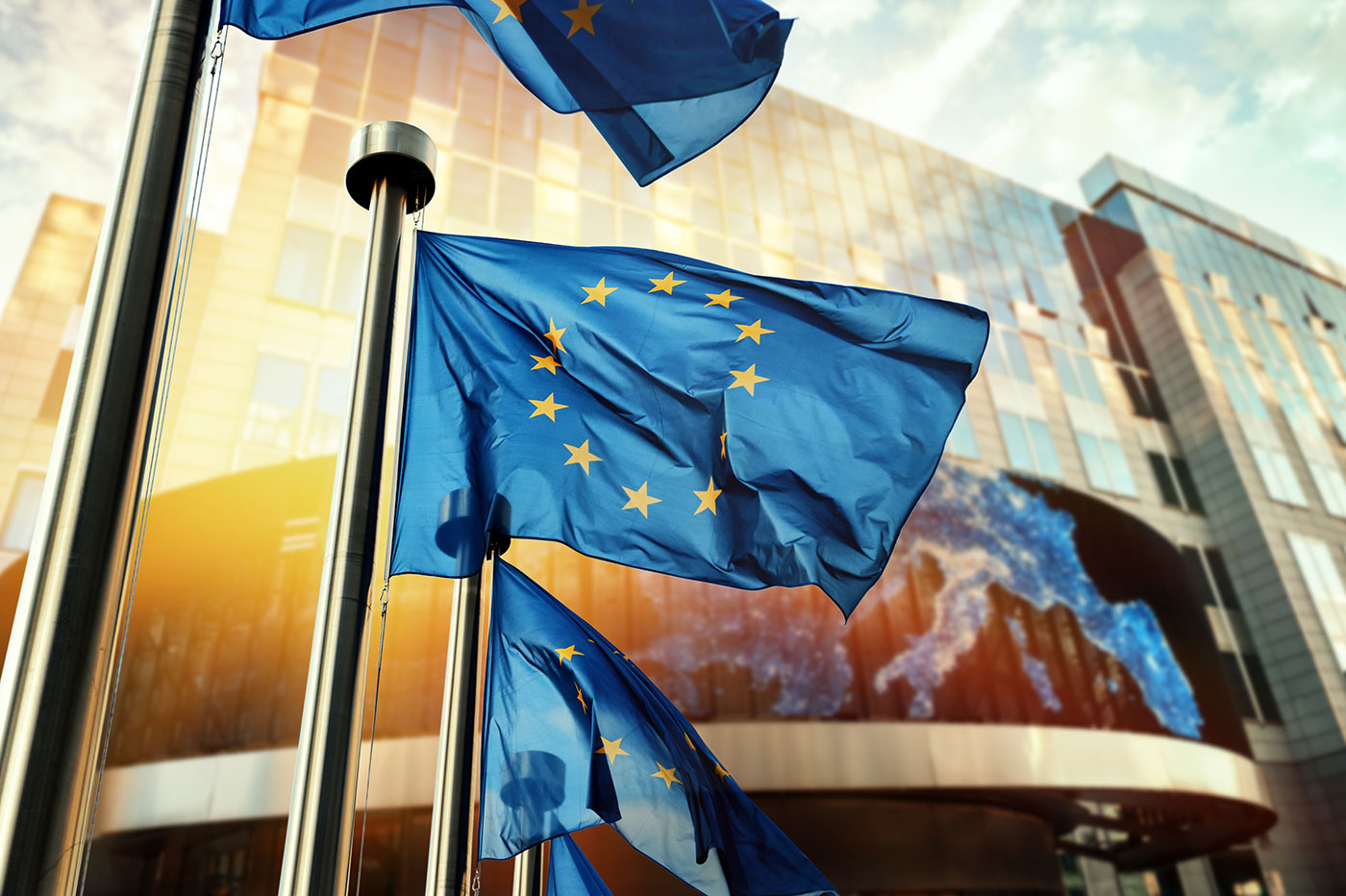
Innovation
“Discovery consists of seeing what everyone has seen and thinking what no one else has thought.” - Albert Szent-Györgyi
Standardisation rhymes with innovation
Standardisation fosters innovation because it helps disseminate new products and technological solutions by opening up new markets and strengthening the relationship between business and the research world.
When the standard
it’s not there yet
Reference Practices (PdRs) introduce technical prescriptions or sectoral application models of specific standards when there are no national, European or international standards or draft standards.
They may contain good practices already in use in citizen/consumer services, sectoral applications of existing specifications, industry specifications, protocols for the management of proprietary brands, locally tested management models, nationally adopted CWAs.

Development of practices
Reference practices are elaborated on the basis of a rapid sharing process among authors only, which does not exceed 9 months. They arise around Tables set up and managed by UNI.
Discover the practices
The reference practices are disseminated free of charge and, after a period of experimental application, can be transformed into a normative document or withdrawn.
Propose your idea
Are you interested in promoting your innovative solutions in the market, shortening the distance to competitors and maximising economic and social benefits?
UNI is always working to develop new Reference Practices, collaborating with different stakeholders to define the first draft.
After the first draft of the Reference Practice has been developed, you can consult the document for one month and submit your comments via the available form.
CEN Workshop Agreement
CEN Workshop Agreements (CWAs) are experimental technical documents developed rapidly with the discussion and contribution of all interested parties, with the same mechanisms of transparency and consensus as in voluntary standardisation. They are therefore particularly suitable for sharing innovative know-how and quickly transferring the results of Research and Innovation projects to the market.

The elaboration of CWA
CWAs are elaborated by a CEN Workshop (CEN/WS), whose Project Plan (PP) contains the background information, scope and objectives of the proposed CWA, work programme and potential stakeholders.
Research & Innovation Projects
Together with large companies, SMEs, start-ups, universities, research centres, institutions, UNI participates in Research & Innovation projects funded at regional, national and European level. Its role is to support project activities and partners. How?
By facilitating knowledge dissemination, technology transfer, co-design and promoting market understanding of research results
By helping to set the context for new emerging markets and meeting legal requirements
Reducing the timing of innovation diffusion, increasing market exchange and enabling interoperability between new and old products/parts (and thus also between technologies)
Creating relationships - networking - with customers, competitors, suppliers, regulators, consumers/users
Promoting the acceptability of innovation to customers, public procurers and consumer confidence
Ongoing projects
Horizon Europe is the world’s largest transnational research and innovation programme. It is the European Union’s Framework Programme for Research and Innovation for the period 2021-2027 (the successor to Horizon 2020), with a total budget of EUR 95.5 billion. The programme finances research and innovation activities – or R&I support – with the aim of:
- strengthen the Union’s scientific and technological basis and promote its competitiveness in all Member States.
- Implement the Union’s strategic priorities and contribute to the realisation of European policies, helping to address the global challenges of our time, set out in the Sustainable Development Goals (SDGs) of the United Nations 2030 Agenda and the Paris Climate Agreement.
- Strengthening the European research area.
Participation in the Framework Programme is also open to third countries, such as Georgia, Norway, New Zealand, Tunisia and Turkey.

bi0space: Industry 4.0 Enhanced Digital Product Passports and Circular Economy Dataspaces for Sustainable Bio-Based Industries
#Bio-basedMaterials, #Bio-basedProducts, #CircularEconomy, #Governance and Funding Methods, #Sustainability
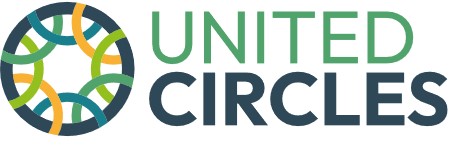
UNITED CIRCLES: Networked industrial-urban symbiosis value chain demonstrators for biomaterials, C&DW, circular water loops & WWTPs, driven by Hubs 4 Circularity
#Bio-basedProducts, #CircularEconomy, #Governance and Funding Methods, #Industrial-Urban Symbiosis, #Up-scaling
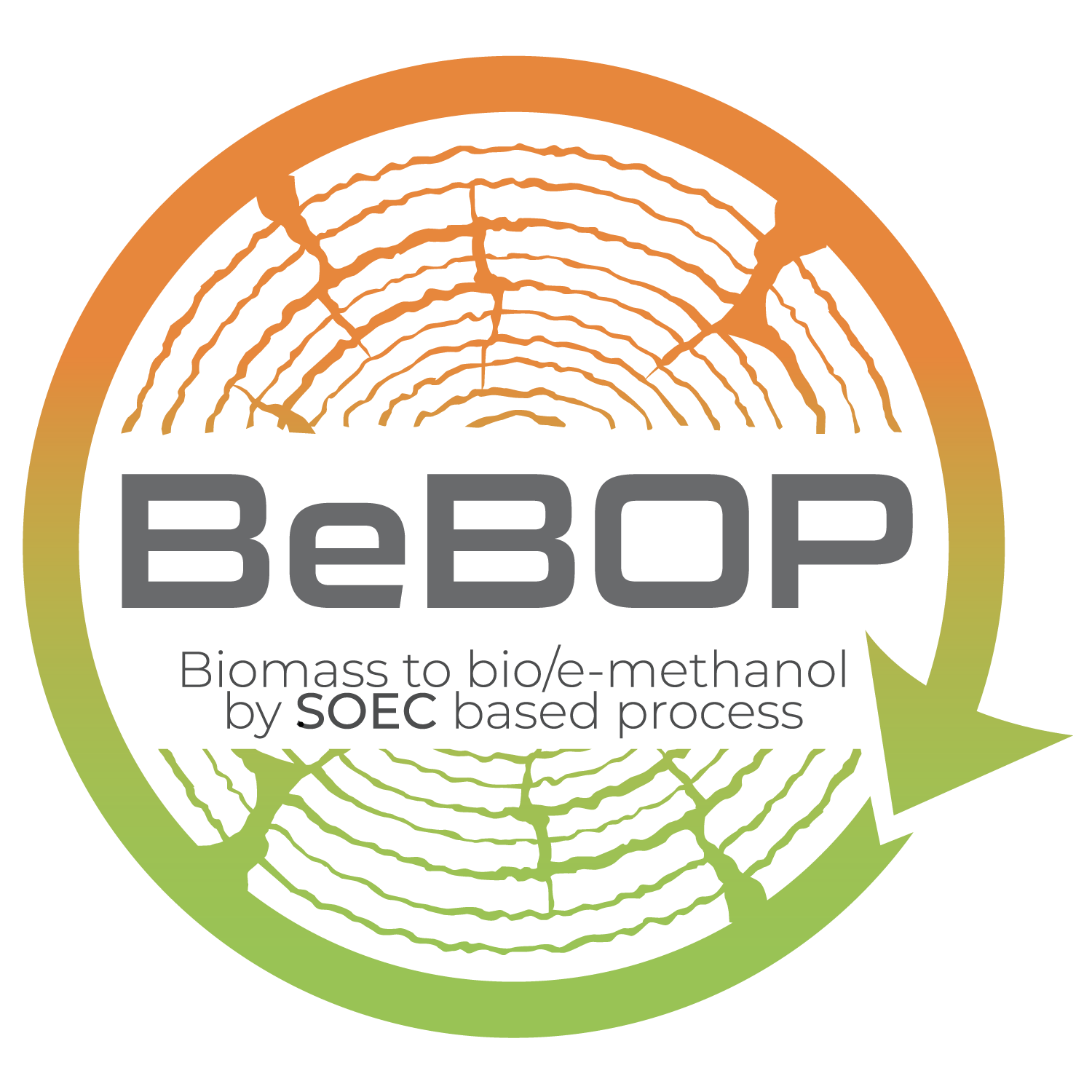
Biomass to bio/E-methanol by Breakthrough SOEC-based Process: the BeBOP innovation
#CircularEconomy, #Efficienzacarbonio, #Industry 4.0, #Sustainability, BioMetanolo
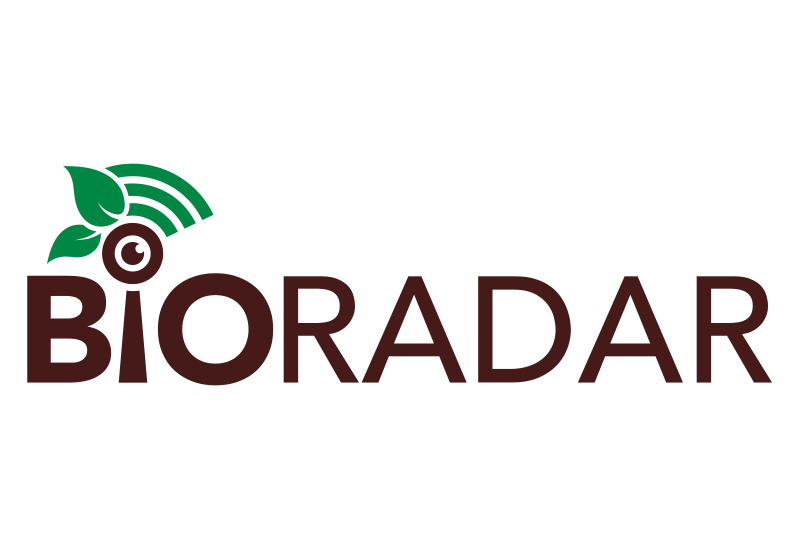
BIORADAR: Monitoring system of the environmental and social sustainability and circularity of industrial bio-based systems
#Bio-basedMaterials, #Bio-basedPlastics, #Bio-basedProducts

CircThread – Building the Digital Thread for Circular Economy Product, Resource & Service Management
#CircularEconomy, #Data Access

BIORECER: Biological Resources Certifications Schemes
#Bio-basedMaterials, #Bio-basedPlastics, #Bio-basedProducts, #BioFuels, #Certification, #Standards, #TechnicalCompliace, #Validation, #Verification

RobétArmé: Human-robot collaborative construction system for shotcrete digitization and automation through advanced perception, cognition, mobility and additive manufacturing skills
#CognitiveRobotPlatform, #Shotcrete
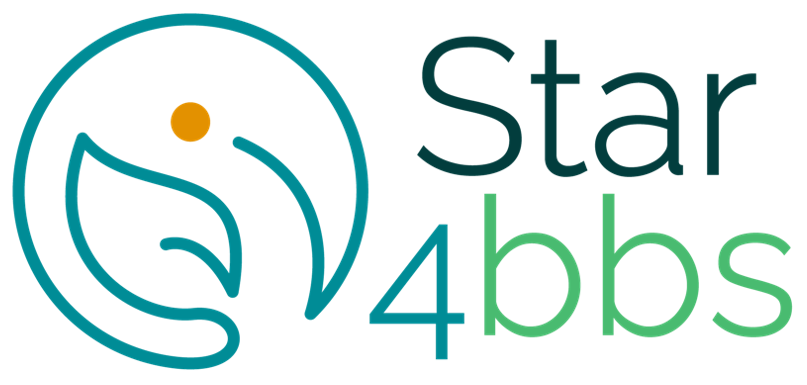
STAR4BBS: Sustainability Transition Assessment Rules for Bio-Based Systems
#Bio-basedMaterials, #Bio-basedPlastics, #Bio-basedProducts, #Certification, #Standards, #TechnicalCompliace, #Validation, #Verification

MOZART Morphing Computerized mats with Embodied Sensing and Artificial Intelligence
#AI, #IntelligentSystems, #MultiAgentSystems, #RoboticAutomaticControl
Finished projects
Horizon 2020 GA ID 101033916
#Construction, #Sustainability

Horizon 2020 GA ID 101007226
#Hydrogen, #MaritimeTransport, #PassengerShips
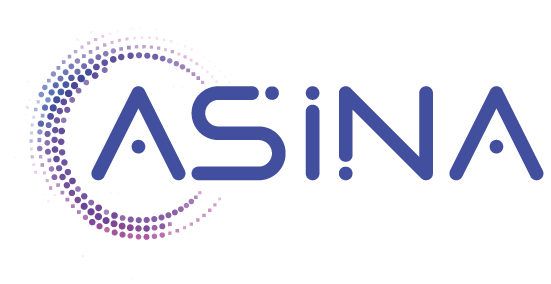
Horizon 2020 GA ID 862444
#Nanotecnologies, #SafetyByDesign

Horizon 2020 GA ID 776816
#CircularEconomy, #PublicUtilities, #WaterManagement

Horizon 2020 GA n. 869884
#CircularEconomy, #Industry 4.0, #Remanufactoring
Contact us for more information
Innovation Division
E-mail: sviluppo.progetti@uni.com
Strengthening of institutional as well as human capacities of Georgian National Agency for Standards and Metrology (GEOSTM) according to the international and european standards
The objectives of the project are to strengthen Georgia’s standardisation and metrology infrastructure and services in accordance with European and international standards; to initiate a robust legal approximation process; to develop quality infrastructure; to align GEOSTM’s practices and procedures with those of the European Union; and to expand and consolidate the standardisation system, with a focus on European research programmes.
